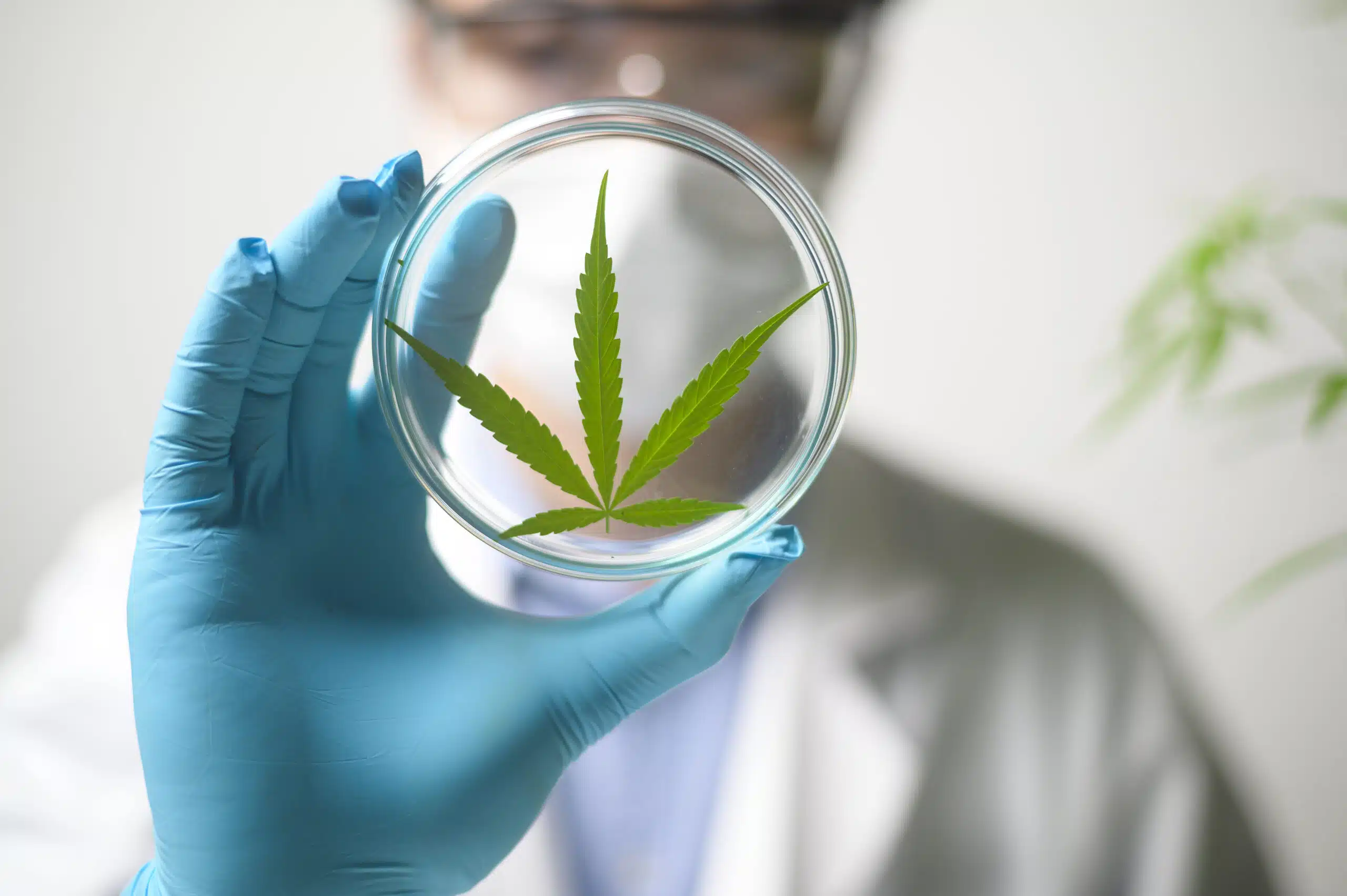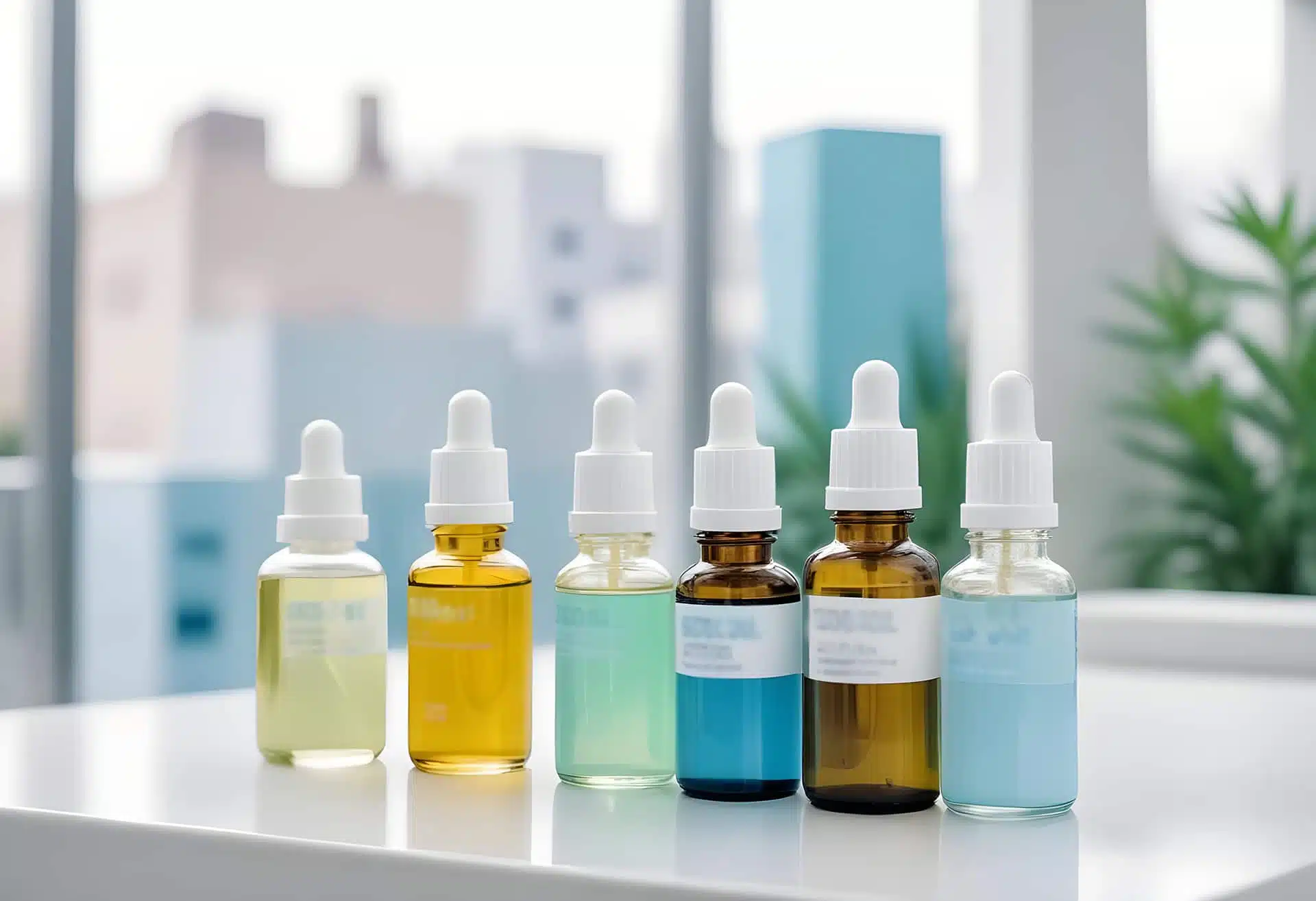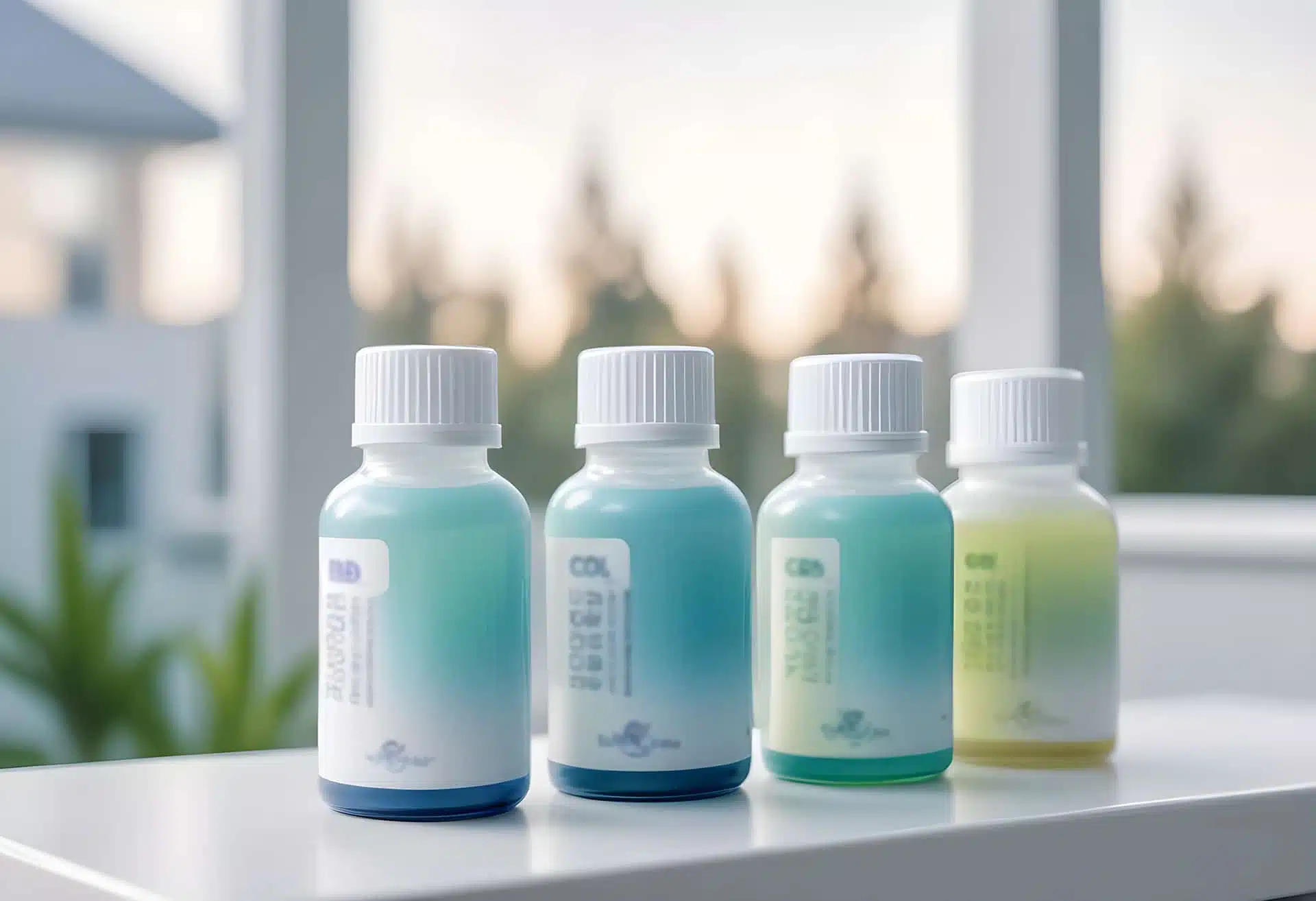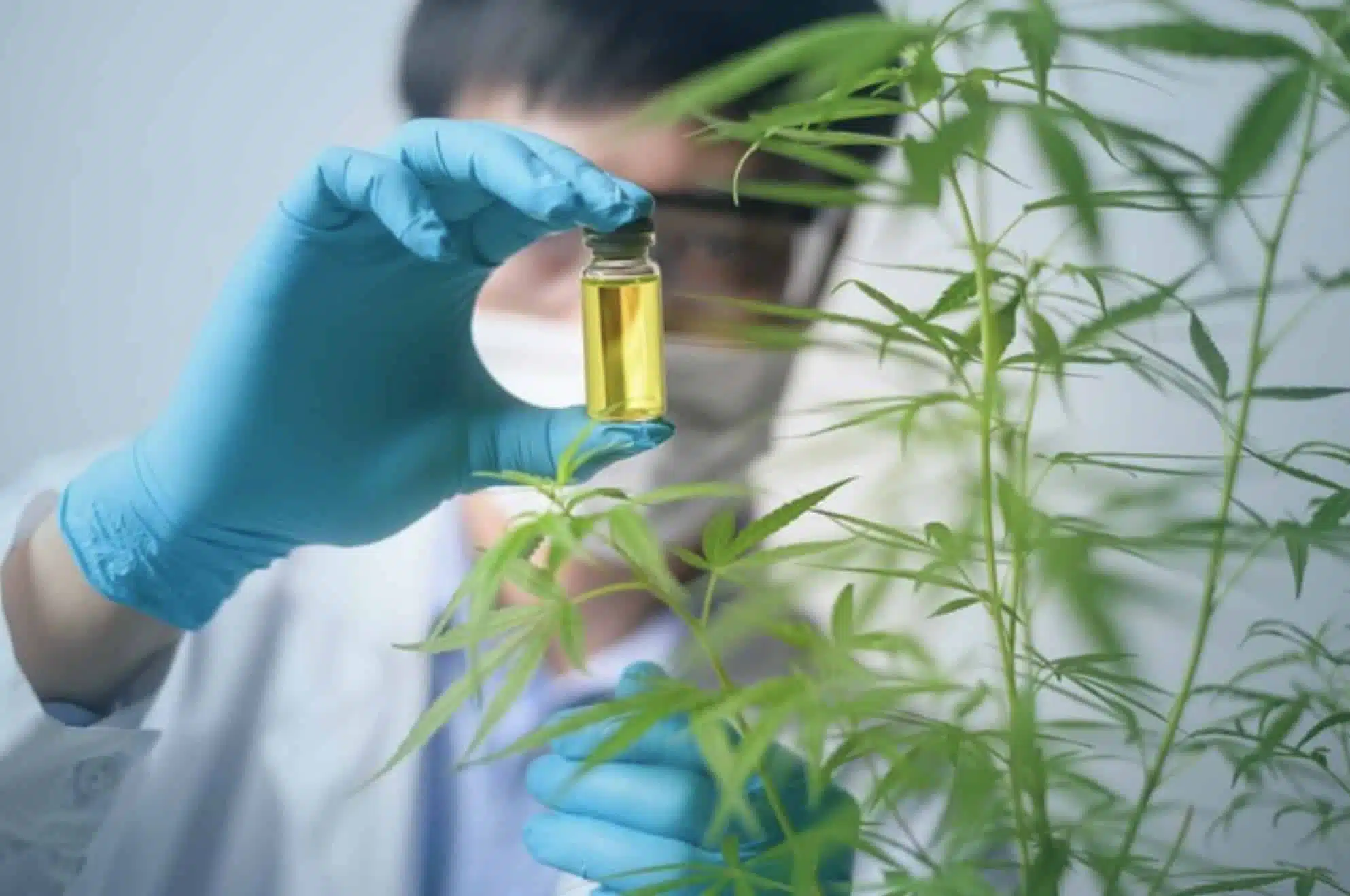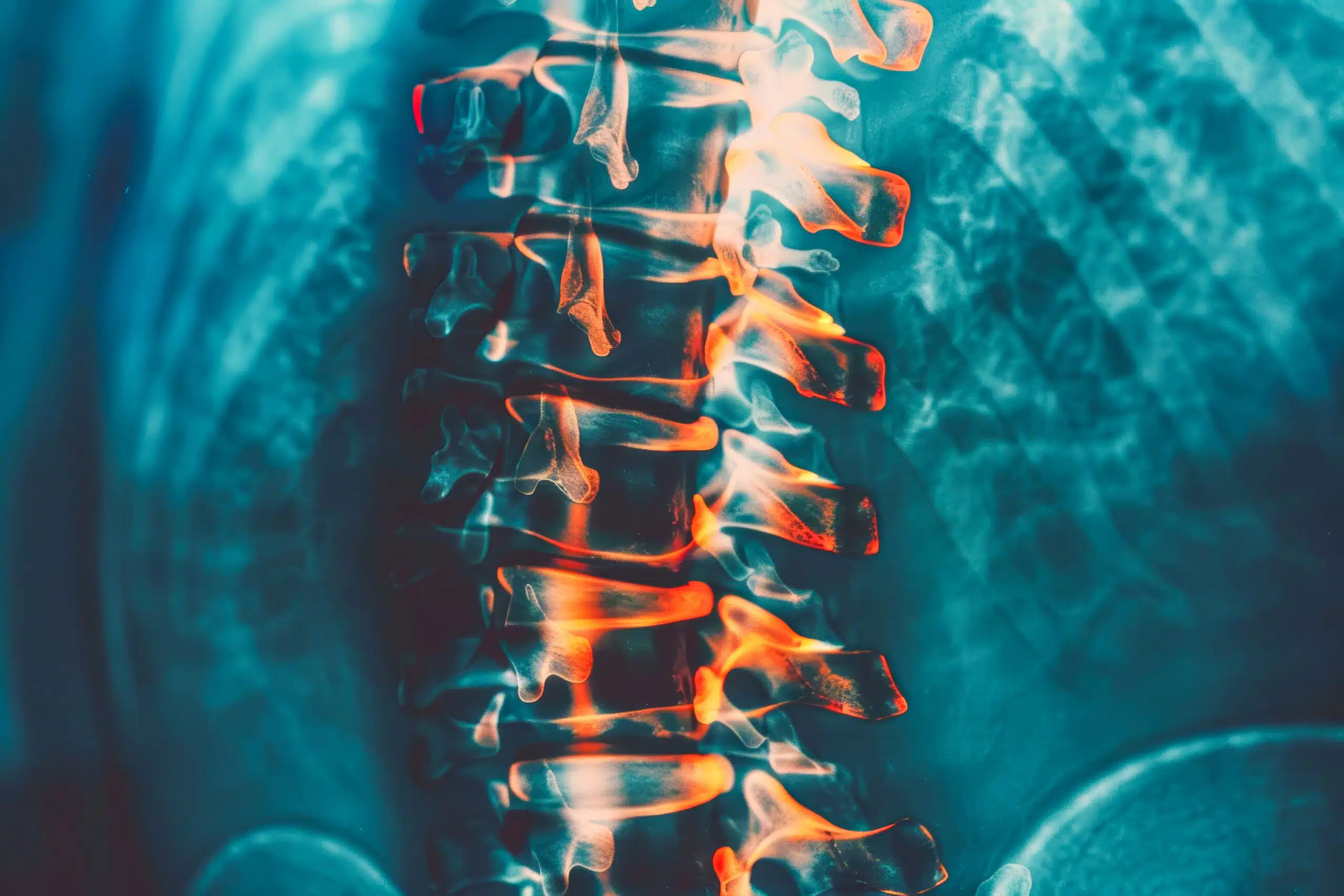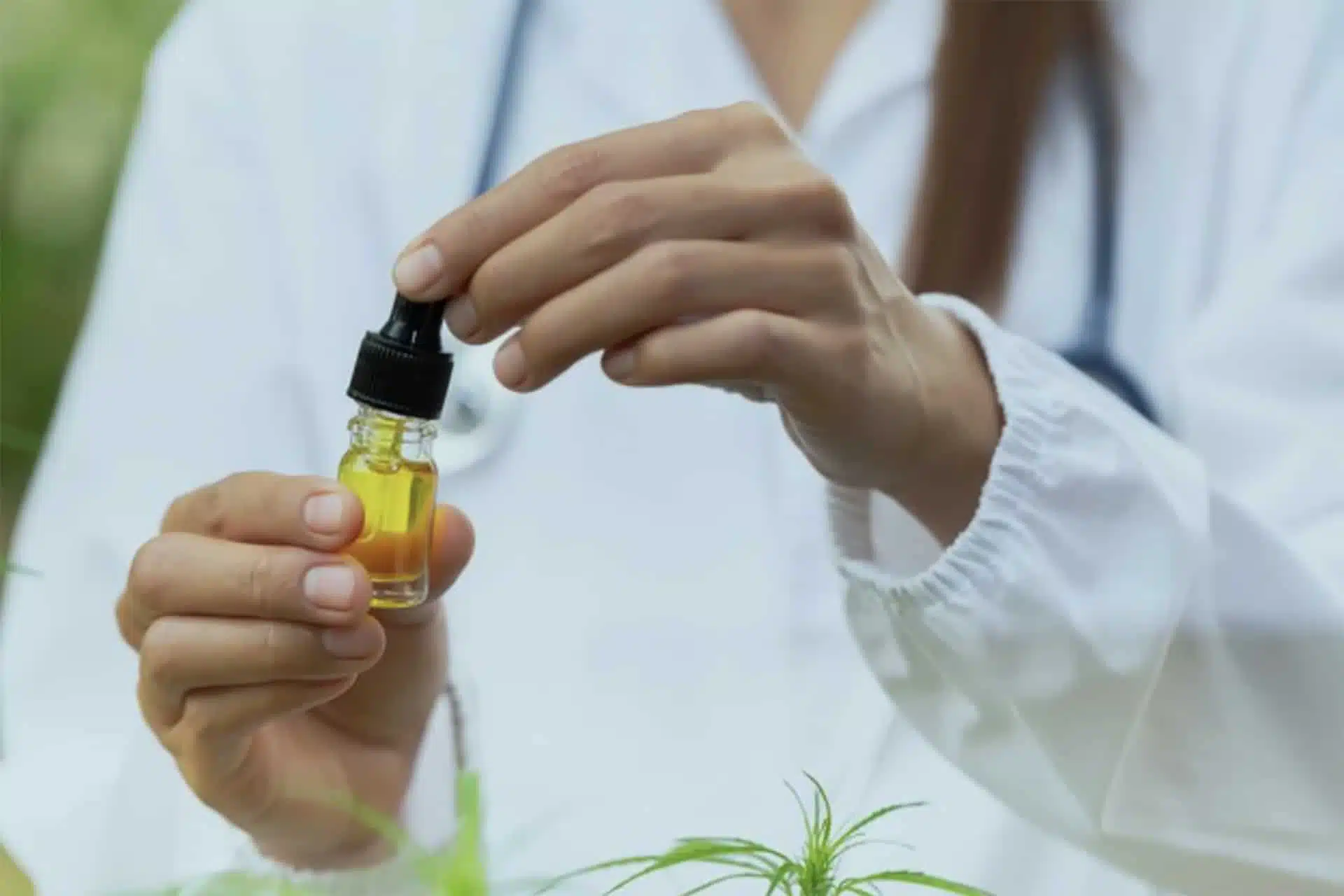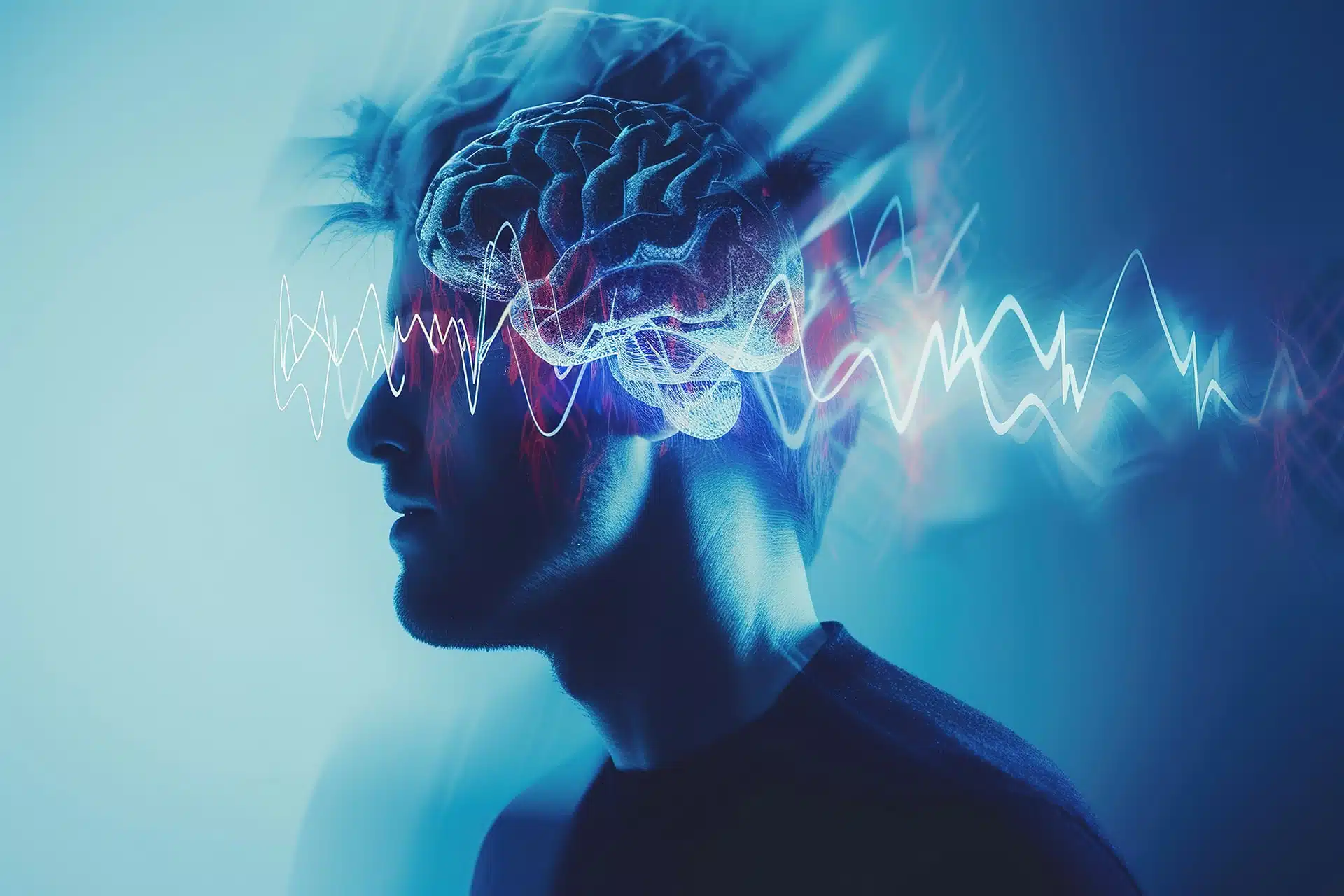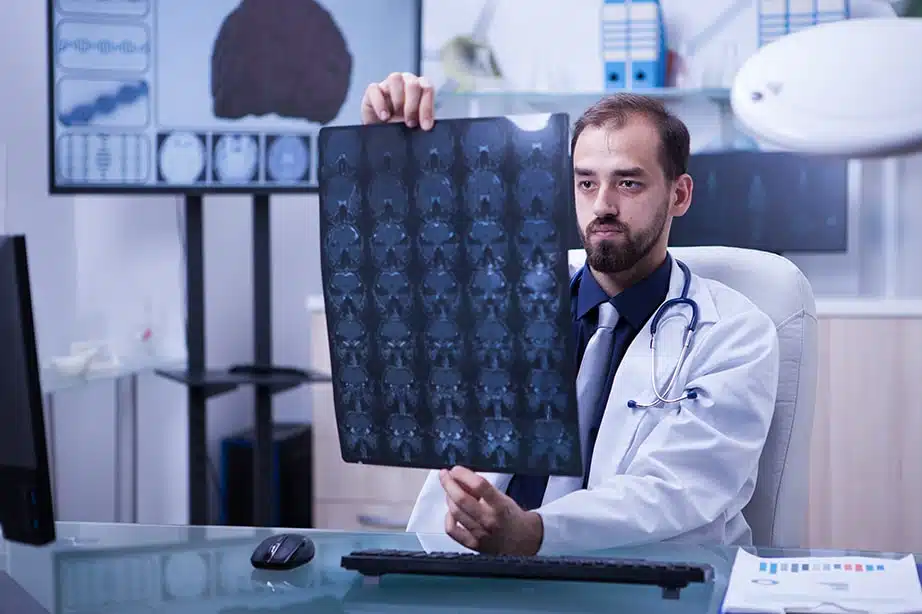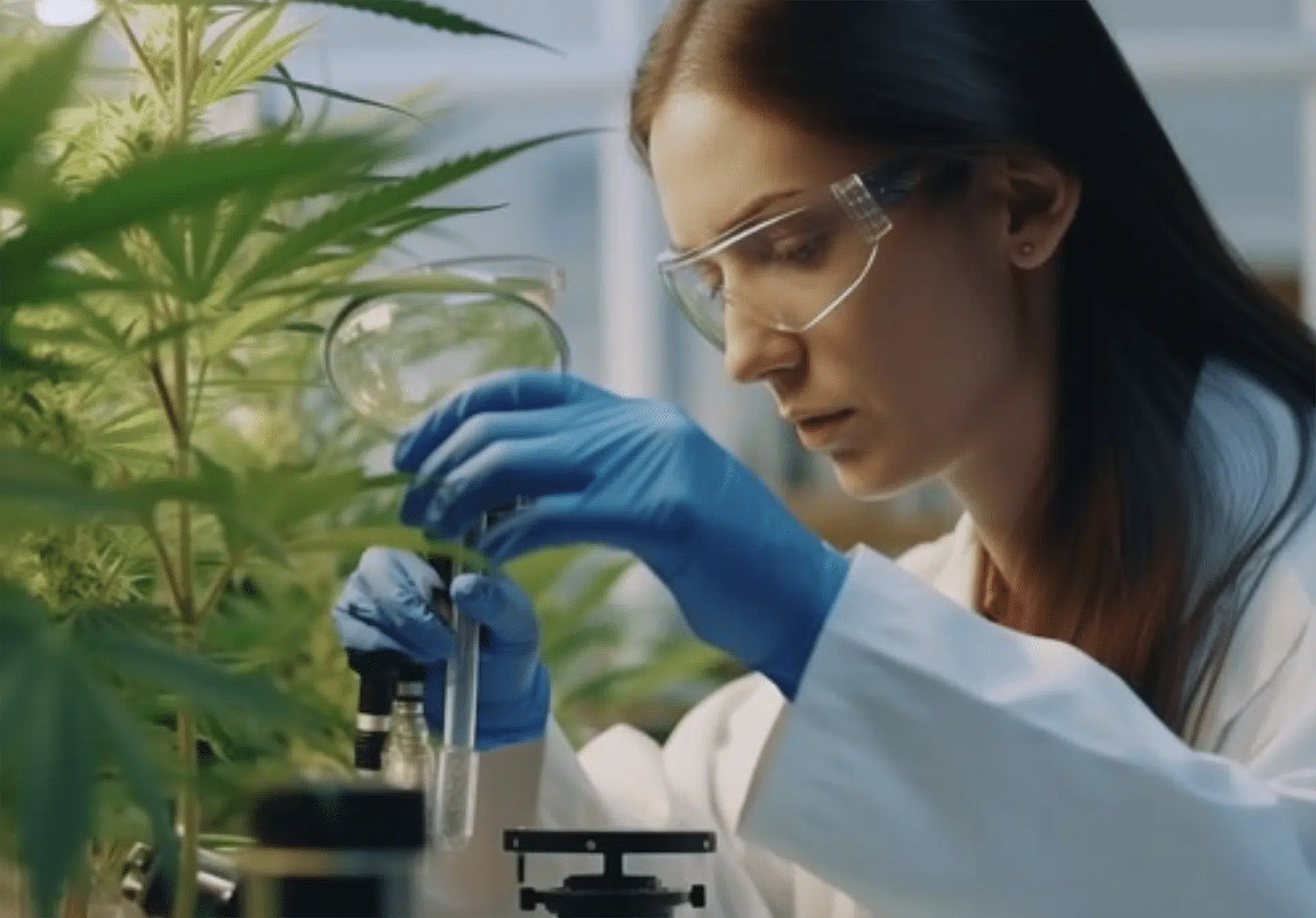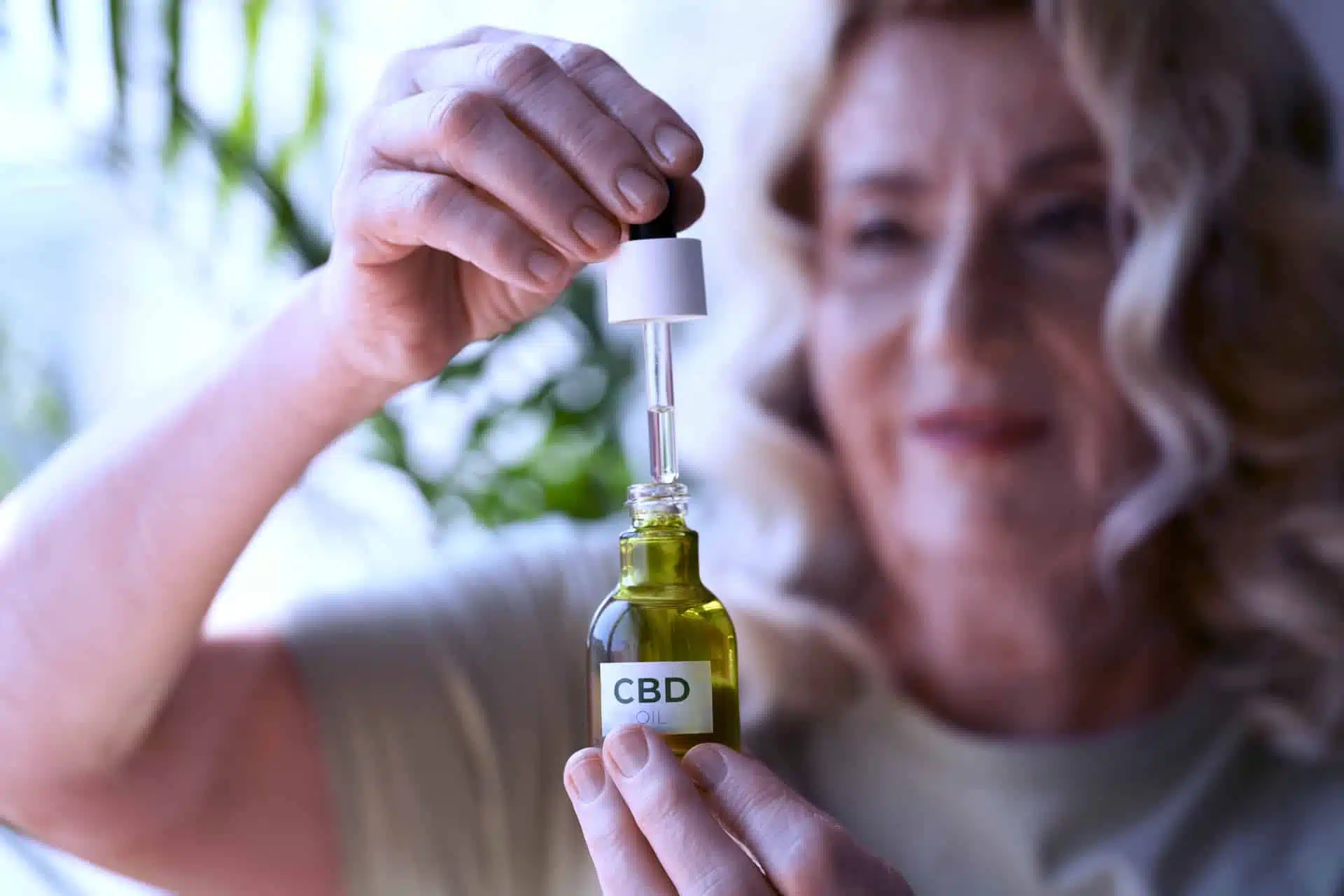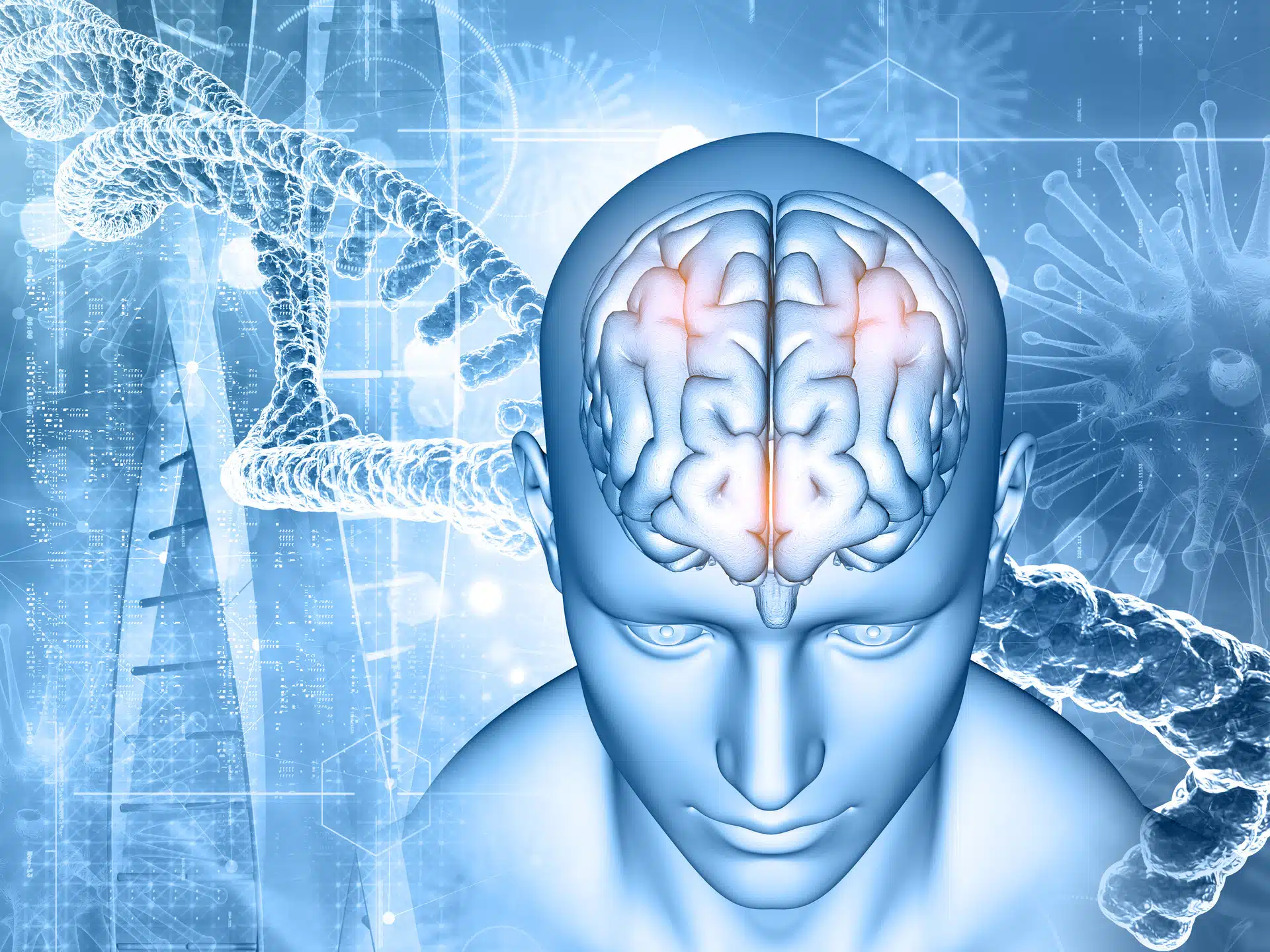Share
Tourette’s Syndrome and Medical Cannabis

Tourette’s syndrome (TS), also known as Gilles de la Tourette syndrome, is a neuropsychiatric disorder affecting about 1% of the global population. TS typically begins in childhood or adolescence, between the ages of 4 and 18. It is characterized by motor and phonic tics (repetitive movements or sounds). These tics can be classified as simple or complex. Simple tics are sudden and brief movements or sounds involving a limited number of muscles, such as blinking eyes, mouth movements, head jerking, grunting, or barking. Complex tics involve coordinated patterns of movements involving several groups of muscles, such as stepping in a certain manner, smelling objects, making obscene gestures, or repeating words, sentences, or vulgar/obscene words.
Some studies have described a link between TS and other disorders such as attention deficit hyperactivity disorder (ADHD), obsessive-compulsive disorder (OCD), learning difficulties, and sleep disorders.
Certain brain abnormalities, such as alterations in brain volume, reduced gray matter in the frontal lobe, and increased gray matter in the midbrain, have been reported in TS patients. However, these alterations are not consistent, indicating that more research is needed to clarify the brain morphology alterations in TS.1,2
Cannabis and Tourette’s syndrome
Medical cannabis administered to adult TS patients had a beneficial effect on tics, premonitory urges, and quality of life. In this study, patients favored inhaled THC-rich cannabis over oils. Administration of cannabis through inhalation decreased the severity of tics and was well-tolerated. Patients experienced greater improvement with inhaled cannabis compared to pure oral THC or THC/CBD oromucosal treatments. TS patients taking medical cannabis reported a reduction in tic severity, better sleep, and improved mood. However, some patients discontinued cannabis treatment due to side effects such as tiredness, dizziness, relaxation, euphoria, and reduced cognitive capabilities.3,4
A case report involved a 7-year-old child with treatment-resistant TS who was given THC oil drops at a maximum dose of 29.4 mg per day. Over a 4-month observation period, the child demonstrated a sustained effect without side effects.5
Another case study involved a 24-year-old female with extreme TS tics. She participated in a study investigating the effect of THC (10 mg per day) while taking risperidone, a medication used for TS. During the study, her tics improved; however, they deteriorated after the THC treatment stopped. Combined treatment of TS medication with THC can be a promising approach for managing TS.6
Clinical trials
There three clinical trials studying the use of medical cannabis on tourette’s syndrome. These studies did not have published the results yet. The clinical trials can be accessed here:
https://clinicaltrials.gov/study/NCT03247244
https://clinicaltrials.gov/study/NCT05115318
https://clinicaltrials.gov/study/NCT05184478
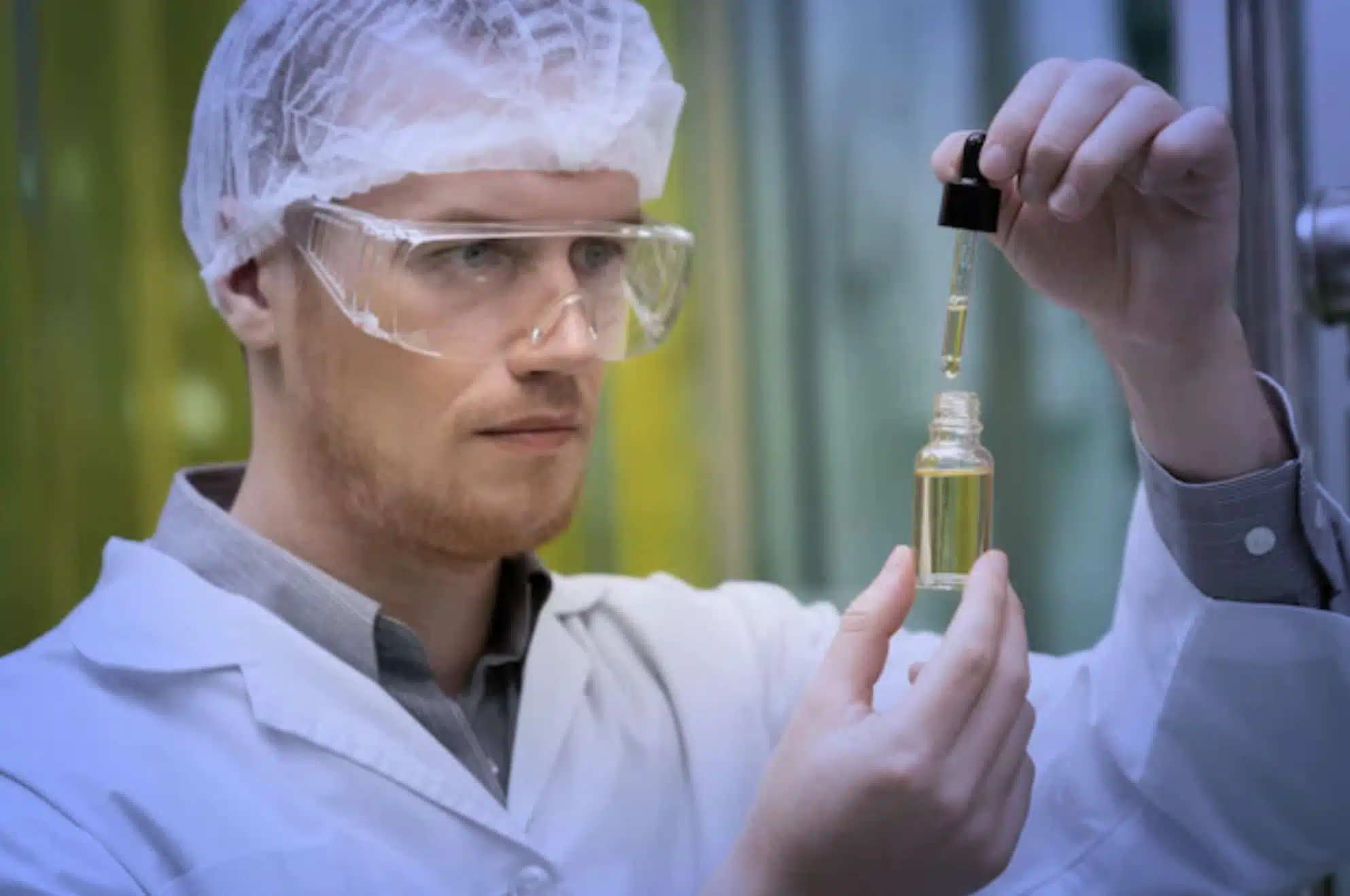
References
1. Novotny, M., Valis, M. & Klimova, B. Tourette Syndrome: A Mini-Review. Front Neurol 9, 139 (2018).
2. Müller, N. Tourette’s syndrome: clinical features, pathophysiology, and therapeutic approaches. Dialogues Clin Neurosci 9, 161–171 (2007).
3. Abi-Jaoude, E., Chen, L., Cheung, P., Bhikram, T. & Sandor, P. Preliminary Evidence on Cannabis Effectiveness and Tolerability for Adults With Tourette Syndrome. JNP 29, 391–400 (2017).
4. Thaler, A. et al. Single center experience with medical cannabis in Gilles de la Tourette syndrome. Parkinsonism & Related Disorders 61, 211–213 (2019).
5. Szejko, N., Jakubovski, E., Fremer, C., Kunert, K. & Müller-Vahl, K. Delta-9-tetrahydrocannabinol for the treatment of a child with Tourette syndrome – case report. European Journal of Medical Case Reports 39–41 (2018) doi:10.24911/ejmcr/2/11.
6. Müller-Vahl, K. R., Schneider, U. & Emrich, H. M. Combined Treatment of Tourette Syndrome with Δ9-THC and Dopamine Receptor Antagonists. Journal of Cannabis Therapeutics 2, 145–154 (2002).

